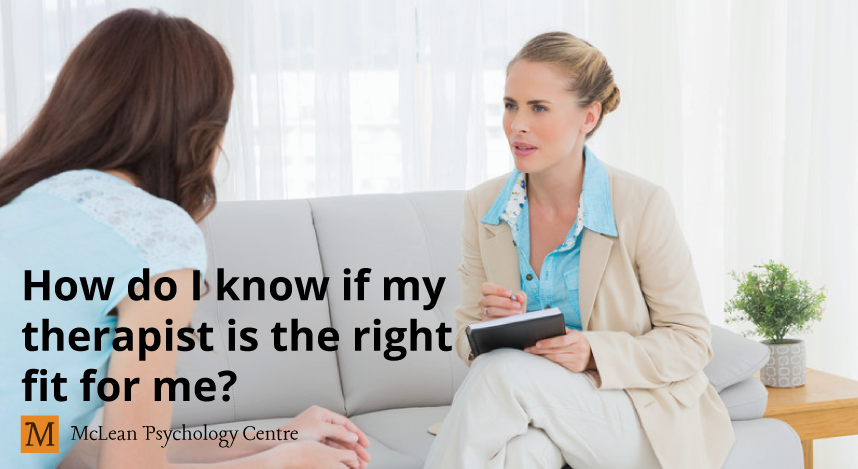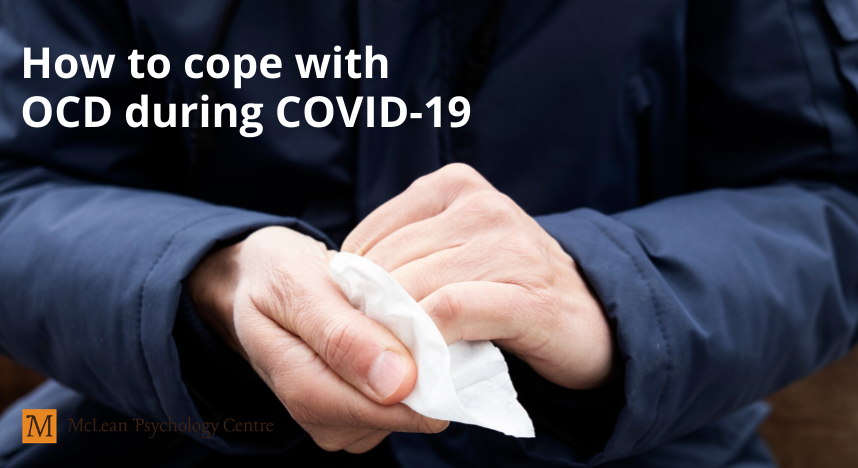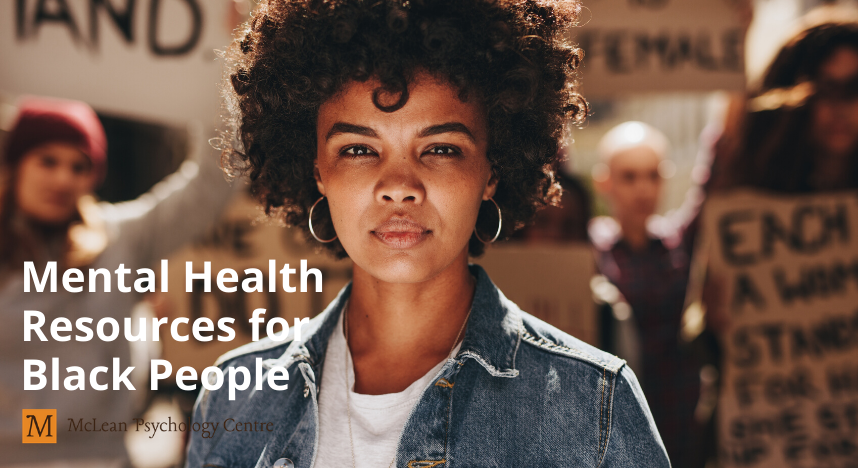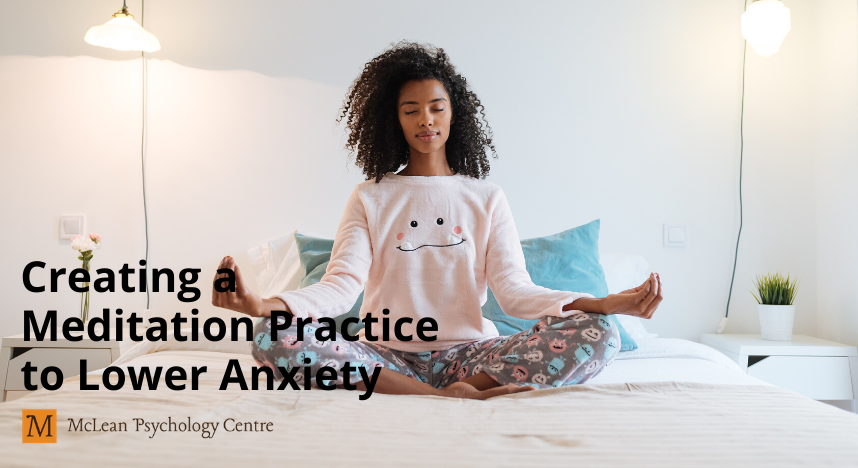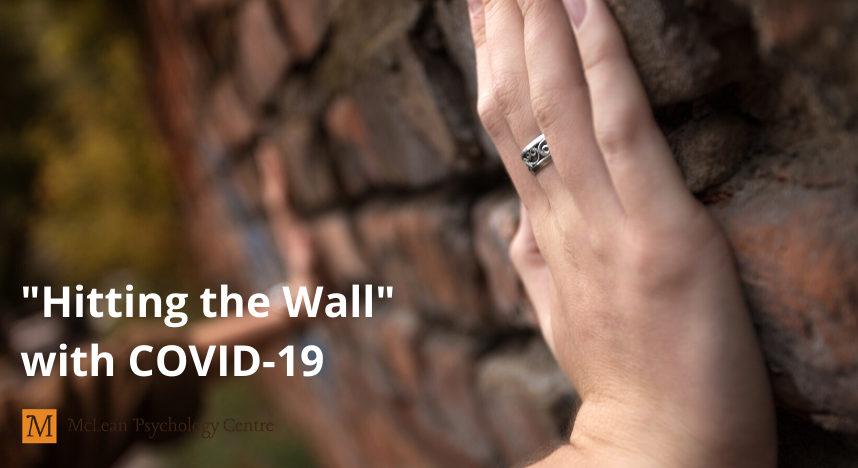For many people, the idea of going to therapy is a scary one. Often people feel that they will be judged, either by their therapist or by their peers, for needing therapy at all. Sometimes people feel overwhelmed by the idea of telling someone their greatest fears and problems. In other cases, a person may be so overwhelmed by their feelings and symptoms that starting therapy might seem like too much work.
All of these feelings are normal and can be useful when looking for a therapist.
Finding the right fit with a therapist is a fundamental and important part of getting the benefits of therapy, but how do you know you have found the right person? What if you don’t like the person you choose? What if it doesn’t work out?
There are a few key factors in finding the right therapist.
- Their education and licensing: A therapist should be trained in treatment methods and practice standards. They should be registered with the regulatory body for their discipline (in Ontario, psychologists and psychological associates are registered through the College of Psychologists; psychotherapists are registered through the College of Registered Psychotherapists of Ontario). Since you are paying to see a licensed professional, you should feel okay about checking their licensing status.
- Their experience: Their experience in the field should be to your own comfort level. While professionals who have been practicing for longer will have more experience, the length of a therapist’s practice does not automatically indicate that someone new to the profession won’t be able to provide excellent care.
- Their treatment methodologies: Therapists rely on a variety of methodologies to treat patients they see, such as Cognitive Behavioural Therapy, Emotion-Focused Therapy, or Dialectical Behavior Therapy. You should find out what types of therapy a potential therapist might use to help you with the problems or issues you are facing right now, and they should be able to articulate why they feel the treatment would be effective for you.
- Trust your gut: This isn’t something that is quantifiable, but you should trust your own feelings about a therapist when you meet them. If you don’t have a good connection with them, or you don’t feel as though they listened to you or understood your needs, you may want to consider finding a new therapist. A good therapist will always accept your feelings on this matter. You should never be pressured to stay or made to feel guilty.
When it comes to finding a good match for you, the connection you feel with your therapist is very important, but sometimes a connection isn’t instantly made because of reasons other than the relationship itself. Here are some good questions to ask yourself when deciding if you have a good connection with your therapist:
- Do you feel your therapist accepts you as you are?
- Do you feel your therapist understands you, or makes a sincere effort to understand you?
- Do you feel your therapist cares about you and your issues?
- Do you feel comfortable revealing personal details and feelings to your therapist?
- Do you feel you have to pretend to be someone else when you are with your therapist? Do you feel you can be honest with them?
- Do you feel heard by your therapist? Do they criticize or judge you? Do they interrupt you regularly?
Therapy is a key factor in treating anxiety, depression, phobias, grief, and in dealing with trauma. Your relationship with your therapist is fundamental to this process. You should expect to find a good fit with your therapist, which may take a few sessions to determine. If you feel you are not a good fit with your therapist, make a change. Therapy is a partnership and will not always be pleasant, but finding you’re the right fit with a therapist will ultimately make the journey worth it.
At McLean Psychology Centre, we are committed to finding you the best match with your therapist, whether it is at our Centre or elsewhere. If you have a problem or issue you would like help with, booking a consultation is the first step.

